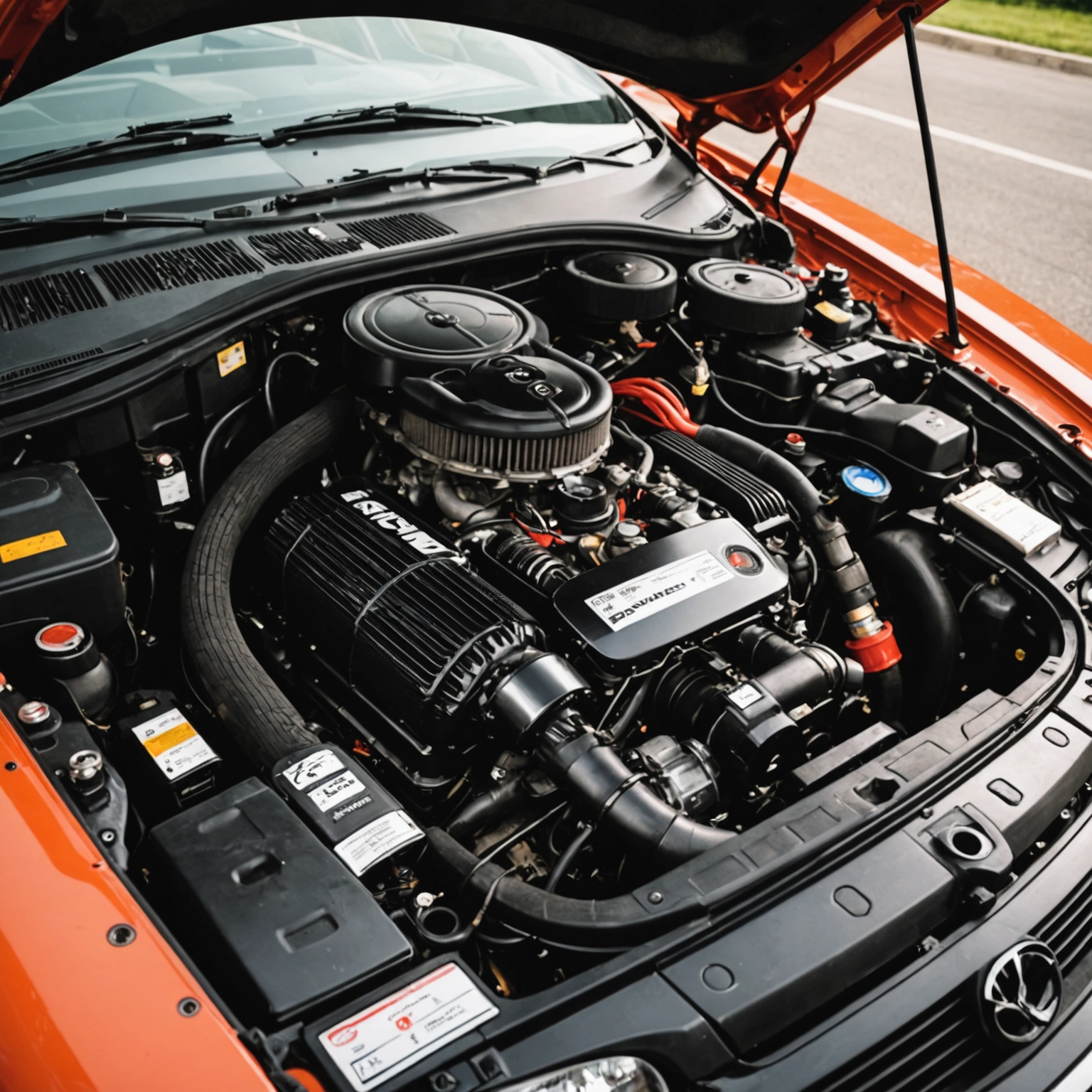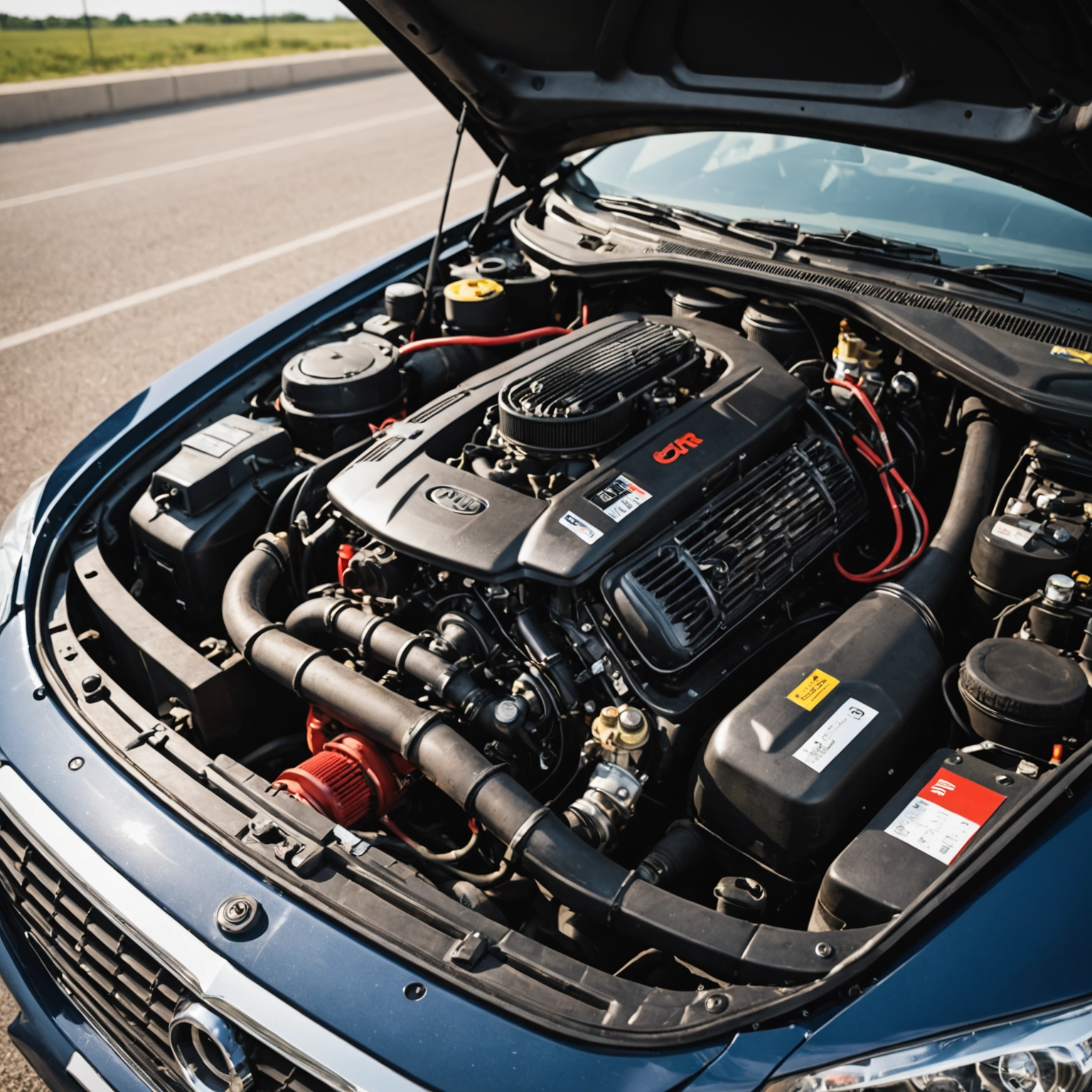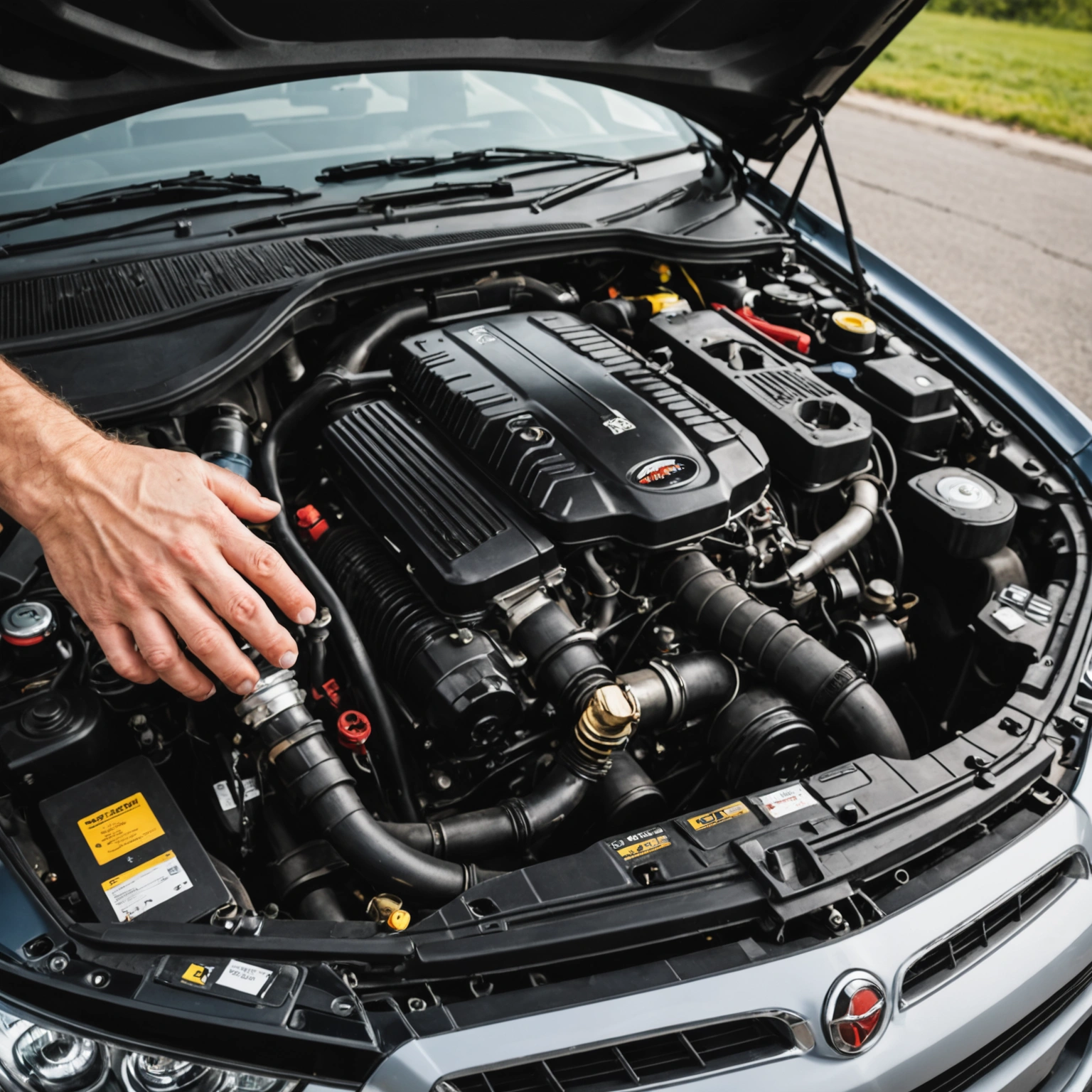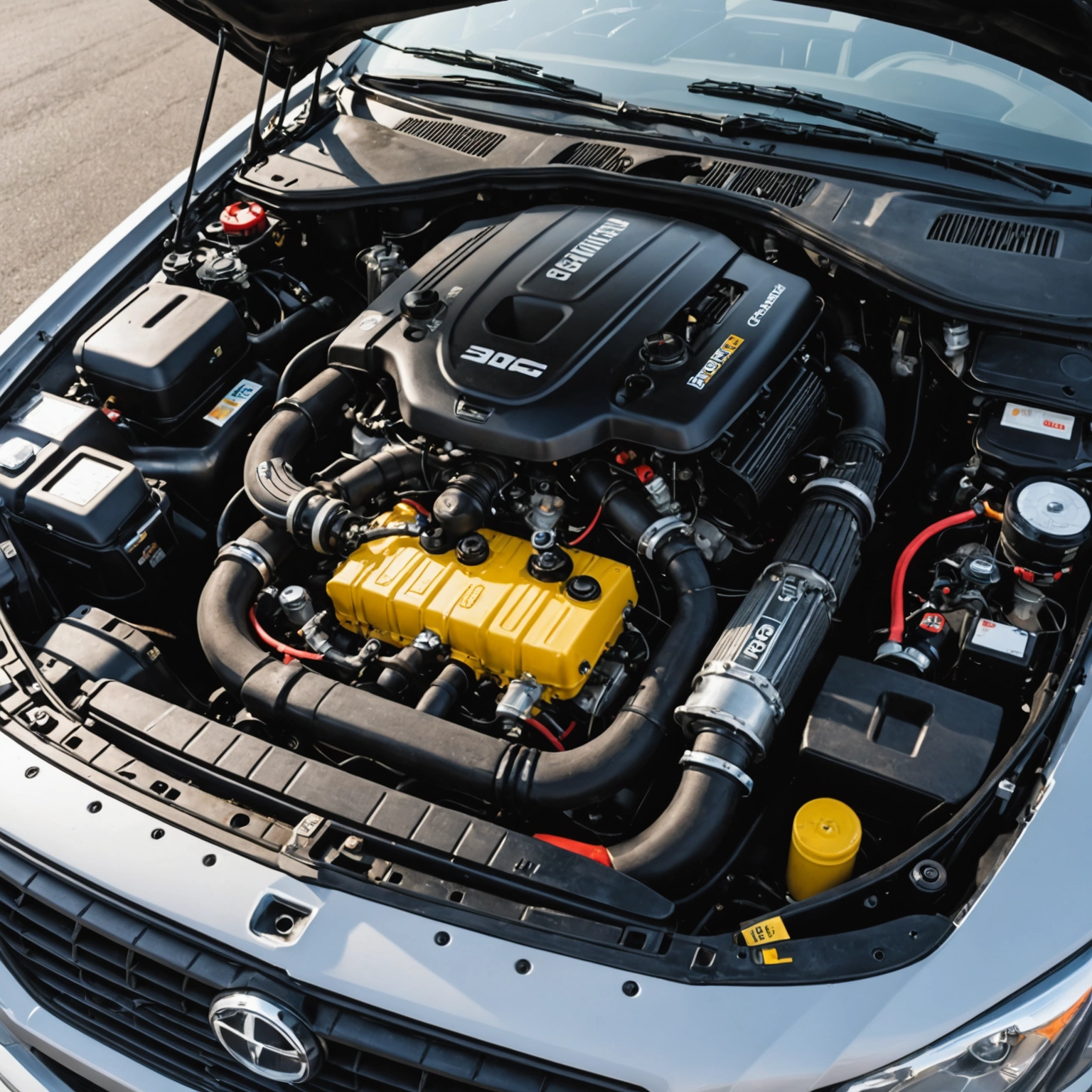**Why Does My Car Overheat So Fast? Understanding the Causes and Solutions**
Experiencing rapid overheating in your vehicle can be both alarming and frustrating. If your car seems to overheat quickly, it’s essential to understand the underlying causes to prevent potential engine damage and ensure your vehicle remains reliable. Here’s a comprehensive overview of why your car might be overheating so fast and what steps you can take to address the issue.

### Common Causes of Rapid Overheating
1. **Low or Leaking Coolant**

Coolant (antifreeze) is vital for maintaining the engine’s optimal temperature. If your coolant level is low due to leaks or evaporation, the engine may not be properly cooled, leading to quick overheating.
2. **Thermostat Malfunction**

The thermostat regulates coolant flow based on engine temperature. A stuck or faulty thermostat can prevent coolant from circulating effectively, causing the engine to overheat rapidly.
3. **Broken or Failing Water Pump**

The water pump circulates coolant throughout the engine. If it’s failing or broken, coolant flow is restricted, leading to increased engine temperatures.
4. **Clogged Radiator or Cooling System**
Dirt, debris, or mineral buildup can clog the radiator or coolant passages, impeding heat dissipation and causing quick overheating.
5. **Radiator Fan Issues**
The radiator fan helps cool the coolant, especially when the vehicle is stationary or moving slowly. A malfunctioning fan—due to electrical issues or a faulty fan motor—can result in inadequate cooling.
6. **Damaged or Leaking Hoses**
Cracked or loose hoses can leak coolant, reducing the amount circulating through the engine and radiator, leading to rapid overheating.
7. **Head Gasket Failure**
A blown head gasket can cause coolant leaks into the engine cylinders or oil passages, resulting in overheating and severe engine damage.
8. **Overloaded or Excessive Engine Load**
Towing heavy loads or driving in extreme conditions can increase engine temperature, especially if cooling system components are already compromised.
### Additional Factors to Consider
– **Driving Conditions:** Stop-and-go traffic, hot weather, or steep inclines can cause your engine to heat up faster.
– **Engine Oil Levels:** Insufficient or degraded engine oil reduces lubrication, which can cause increased friction and heat.
– **Cooling System Maintenance:** Regular maintenance, including flushing the cooling system and replacing coolant, is crucial for optimal performance.
### What to Do if Your Car Overheats Quickly
– **Pull Over Safely:** If your temperature gauge spikes or steam escapes, pull over to prevent engine damage.
– **Turn Off the AC and Fan:** Reduce engine load and allow it to cool slightly.
– **Turn Off the Engine:** Let the engine cool down completely before opening the hood.
– **Check Coolant Levels:** Once cooled, inspect coolant level and top up if necessary.
– **Inspect for Leaks or Damage:** Look for visible leaks, damaged hoses, or other signs of trouble.
– **Seek Professional Help:** If the problem persists, have your vehicle inspected by a qualified mechanic to diagnose and fix the issue.
### Preventative Tips
– Regularly check coolant levels and top off as needed.
– Schedule routine cooling system maintenance.
– Replace worn hoses, belts, and other components proactively.
– Keep an eye on temperature gauges during drives, especially in hot weather or heavy traffic.
– Ensure the radiator and cooling fans are functioning correctly.
—
**In Summary**
Your car overheating quickly is often a sign of underlying cooling system issues, such as low coolant, faulty thermostats, or failing water pumps. Addressing these problems promptly can save you from costly repairs and extend the life of your engine. Regular maintenance and attentive driving habits are your best defenses against overheating woes.
If your vehicle keeps overheating despite basic checks, don’t hesitate to consult a professional mechanic to diagnose and resolve the root cause. Your engine’s health depends on it!

